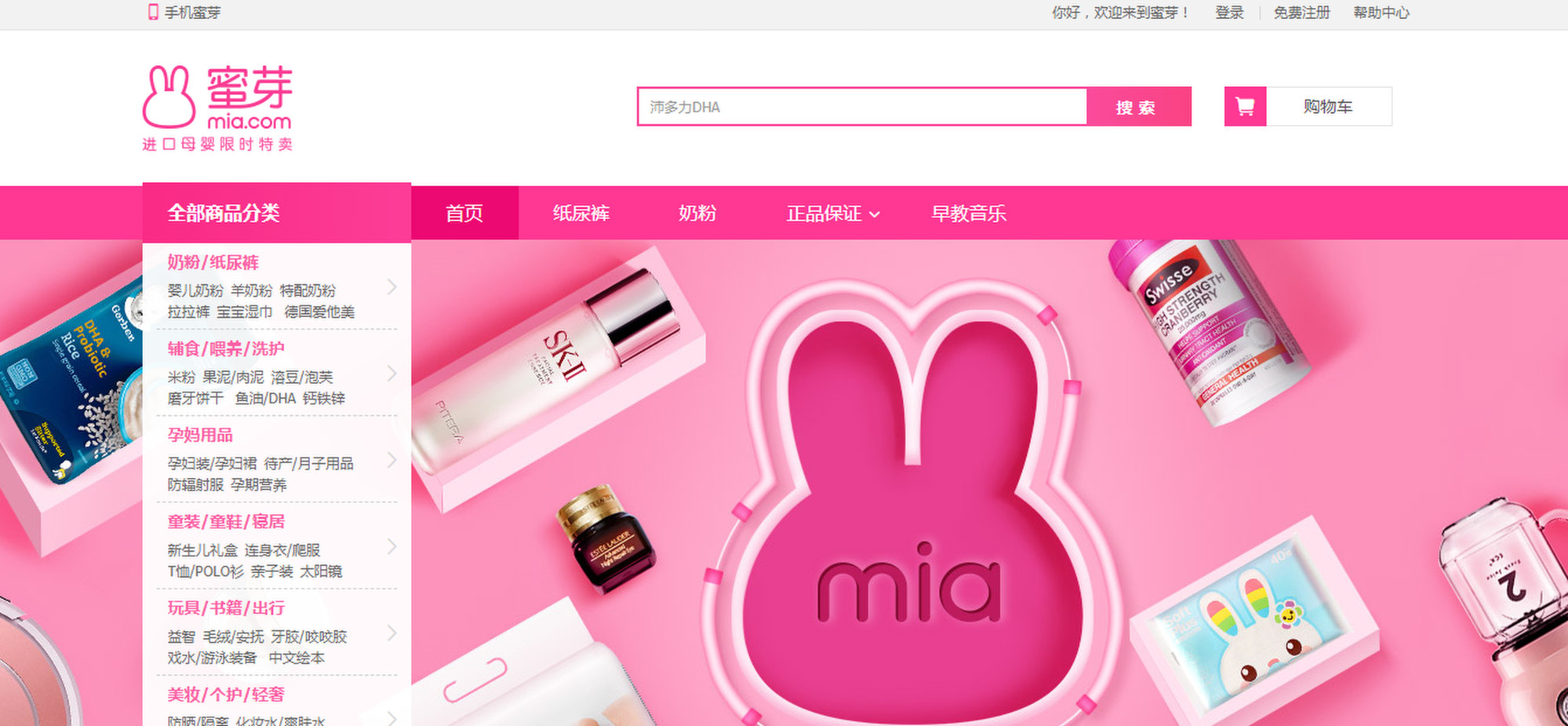Mia.com said it will continue to sell products via its mini program on WeChat, the multipurpose super app owned by Tencent. Other Chinese baby-and-mom product platforms, including Beibei.com and Muyingzhijia, have either closed or significantly scaled back their operations. — SCMP
China’s popular online shopping emporium for baby-and-mom merchandise, Mia.com, will close its main app from Sept 10 amid weak consumer spending and a population crisis in the world’s second-largest economy, where the number of births declined for the fifth consecutive year in 2021.
Beijing-based Mia.com, which was valued at more than US$1bil (RM4.42bil) in 2015, said it was “time to say goodbye” owing to “changes in consumer behaviour”, according to an announcement on its official website on July 1. The firm said it will continue to sell products via its mini program on WeChat, the Tencent Holdings-owned super app.
Founded in 2011 by stay-at-home mother and entrepreneur Liu Nan, privately-held Mia.com saw its business expand over the past decade on the back of strong demand for imported baby-and-mom products such as diapers, baby milk formula, toys and garments.
That demand helped the startup quickly raise fresh capital from various investors, including the likes of Sequoia Capital China and ZhenFund. The ecommerce industry was also stimulated by China’s decision to loosen its one-child policy in 2013.

The decision by Mia.com to reduce operations and instead use WeChat’s platform to sell its goods, reflects how the market has soured on specialist baby-and-mom shopping portals amid the country’s flagging birth rate, weak consumer spending and increased competition from larger e-commerce platforms.
Mia.com ranked behind JD.com, Vipshop and Alibaba Group Holding’s Tmall in terms of the range of brands covered for the baby-and-mom goods market segment, according to 2021 data from ecommerce consulting firm 100ec.cn. It also found Mia.com’s prices to be higher than average, compared with those larger shopping platforms. Alibaba owns the South China Morning Post.
“With the stagnant traffic growth (of China’s digital economy), operators of vertical online platforms focused on baby-and-mom products are seeing fierce competition for consumers from integrated e-commerce platforms,” said Mo Daiqing, director of the online retail department at 100ec.cn.
Mia.com did not immediately reply to a request for comment on Wednesday. Before Mia.com’s latest initiative, other Chinese baby-and-mom shopping platforms, including Beibei.com and Muyingzhijia, have either closed or significantly scaled back their operations.
Not even China’s move to introduce a three-child policy in May 2021 and earlier this year, a private sector offer of cash bonuses as well as more paid leave for parents, helped Mia.com expand its customer base.
When the startup was founded in 2011, the national birth rate was 13.27 births for every 1,000 people. It dropped to 7.52 births last year.
That trend and the opportunity to attract more consumers away from independent platforms were not lost on China’s major ecommerce players like Alibaba, JD.com and Pinduoduo, all of which have made baby-and-mom products a key promotion segment especially during Singles’ Day and the midyear 618 shopping festival.
Still, the size of China’s baby-and-mom merchandise market is forecast to reach 4.7 trillion yuan (RM3.10 trillion) by 2025, with two-thirds of sales transacted in offline stores, according to a report published by iResearch in March this year. – South China Morning Post





